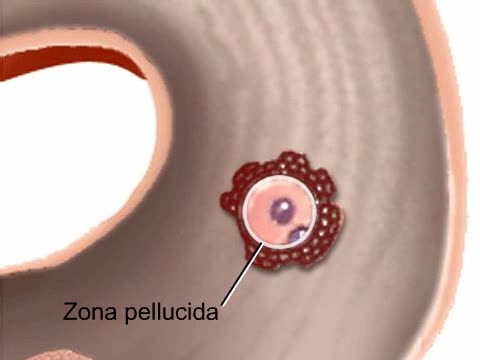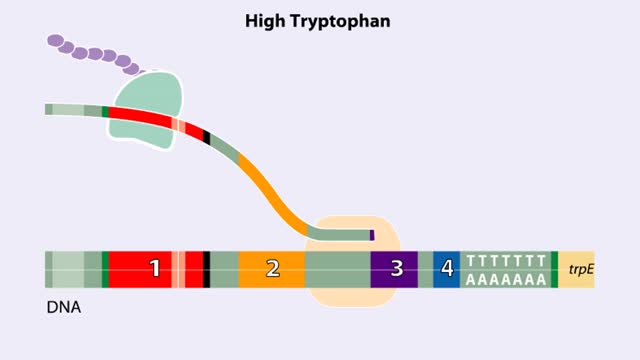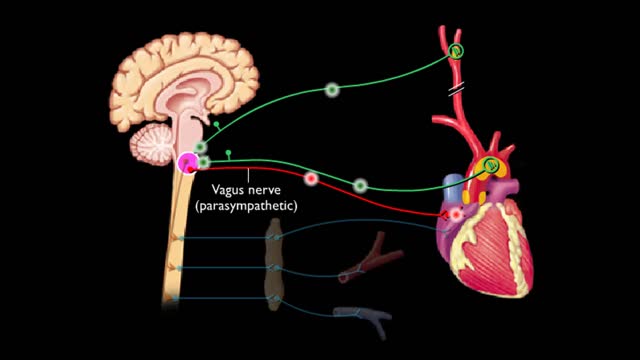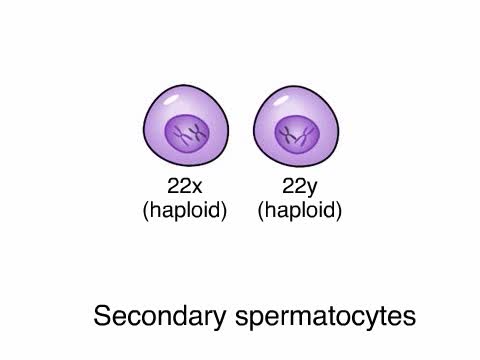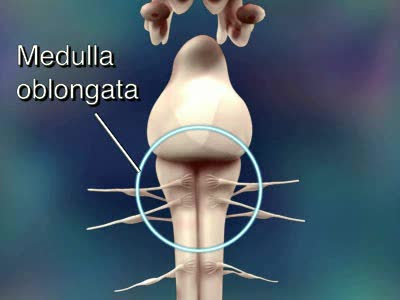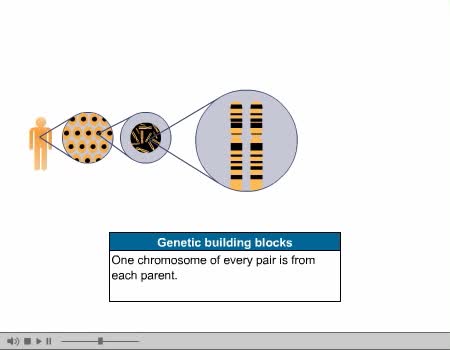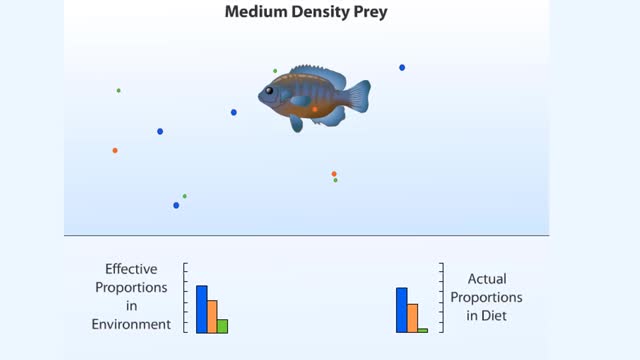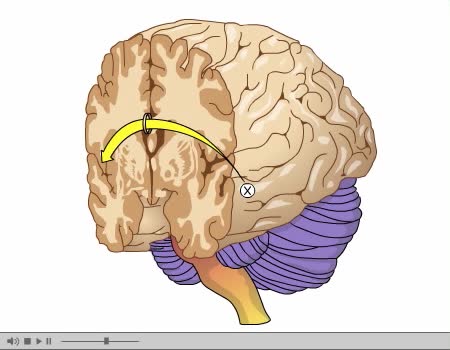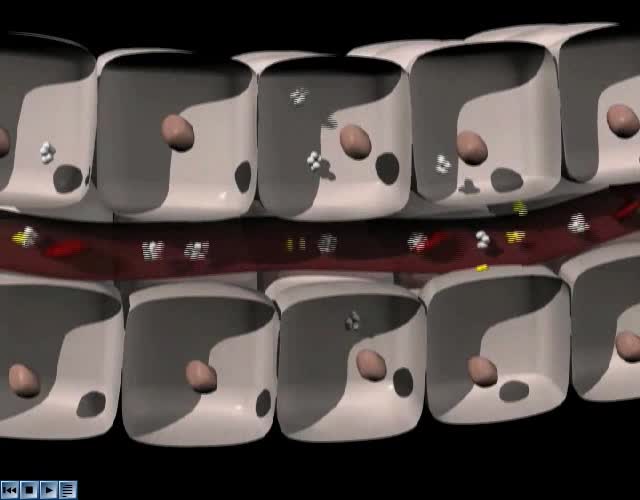Search Results
Results for: 'sds polyacrylamide gel electrophoresis animation'
By: Administrator, Views: 568
At conception, the gender and other biologic traits of the new individual are determined. The zygote is genetically complete and immediately begins to divide, forming a solid mass of cells called a morula. When the developing embryo (stage of development between weeks 2 and 8) reaches the ute...
By: HWC, Views: 11021
The trp operon in E. coli contains five structural genes corresponding to enzymes that convert chorismate into tryptophan. The trpE gene contains a 5' untranslated region that plays an important role in the regulatory mechanism called attenuation. The 5' UTR contains four regions. Region 1 en...
By: HWC, Views: 10510
Baroreceptors located In the carotid sinus and the arch of the aorta respond to increases in blood pressure. Increased blood pressure stretches the carotid arteries and aorta causing the baroreceptors to increase their basal rate of action potential generation. Action potentials are conduct...
By: Administrator, Views: 653
A man’s reproductive system is specifically designed to produce, store, and transport sperm. Unlike the female genitalia, the male reproductive organs are on both the interior and the exterior of the pelvic cavity. They include: the testes (testicles) the duct system: epididymis and vas def...
Central Nervous System Animation
By: Administrator, Views: 14357
Consists of the brain and spinal cord. CNS receives impulses from throughout the body processes the information responds with an appropriate action Brain and spinal cord can be divided into: gray matter (unsheathed cell bodies and true dendrites) white matter (myelinated nerve fibers) ...
By: Administrator, Views: 14276
Genetics is a branch of biology concerned with the study of genes, genetic variation, and heredity in organisms. Gregor Mendel, a scientist and Augustinian friar, discovered genetics in the late 19th-century. Mendel studied "trait inheritance", patterns in the way traits are handed down from p...
How does an animal choose what food to eat?
By: HWC, Views: 10673
One might assume that natural selection has influenced the foraging behaviors of animals, and that most animals forage efficiently, spending the least energy to gain the most nutrients. This is the underlying assumption of optimality modeling, a scientific approach to studying foraging behavior. ...
Studying the Left and Right Brain Independently
By: Administrator, Views: 14491
A seizure, technically known as an epileptic seizure, is a period of symptoms due to abnormally excessive or synchronous neuronal activity in the brain. Outward effects vary from uncontrolled shaking movements involving much of the body with loss of consciousness (tonic-clonic seizure), to shakin...
By: Administrator, Views: 15572
Hypoglycemia, also known as low blood sugar, is when blood sugar decreases to below normal levels. This may result in a variety of symptoms including clumsiness, trouble talking, confusion, loss of consciousness, seizures or death. A feeling of hunger, sweating, shakiness and weakness may also be...
Advertisement



